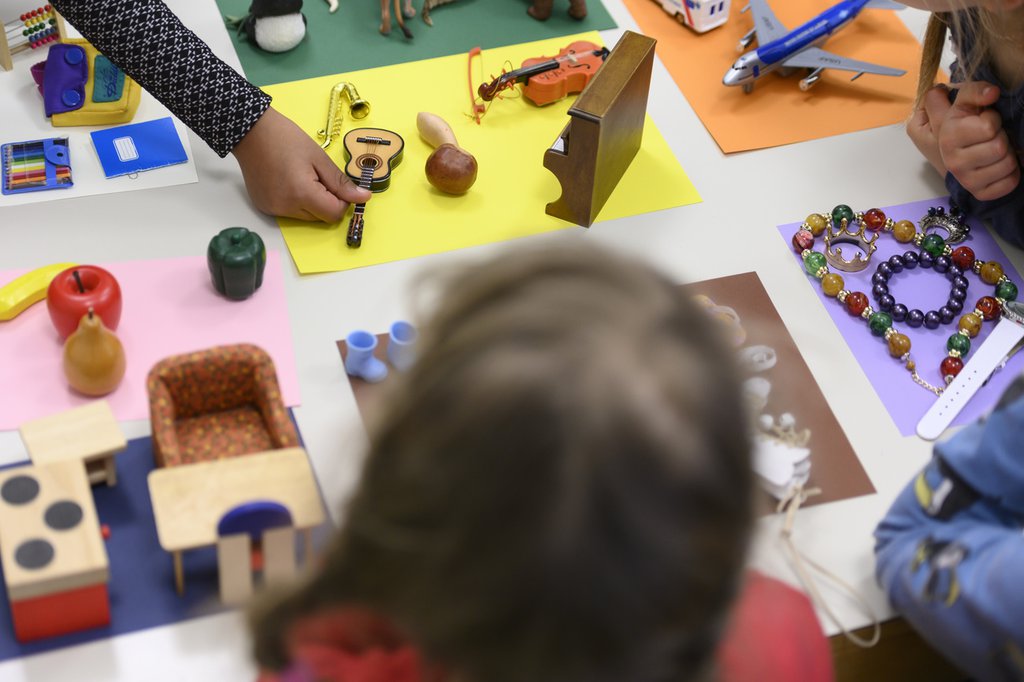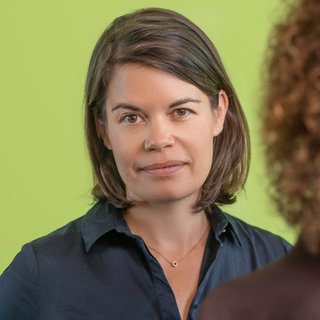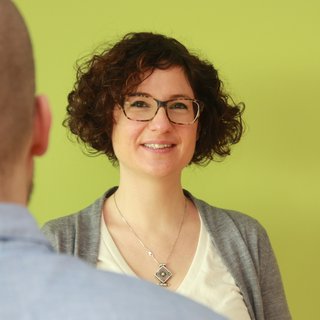How can children with insufficient language knowledge be fostered more effectively? A team from INFRAS, the St. Gallen University of Teacher Education, and the University of Geneva evaluated the research literature and analyzed the situation in Switzerland for the State Secretariat for Education, Research, and Innovation (SERI).

If a child attends an early educational service – for example, a daycare center, parent-child group, or playgroup – this has a positive effect on his/her language abilities in his/her school career. A prerequisite for such a development is, however, that the pedagogical quality of the services provided be high. This is the conclusion of a team from INFRAS, the St. Gallen University of Teacher Education, and the University of Geneva from a detailed literature analysis of international scientific articles on the theme of early language development. The analysis of the present situation in Switzerland also shows, however, that the need for fostering language varies strongly depending on the district where one lives.
Language fostering integrated in everyday activities is particularly effective
The literature analysis made on behalf of the State Secretariat for Education, Research, and Innovation (SERI) for this study leads to the conclusion that language fostering integrated into everyday activities is more effective than mentoring in separate groups, such as in mother-child language courses. Further training offered to parents or organized opportunities to look at picture books also play an important role in fostering language. The study authors seek more professional training for qualified personnel in daycare centers, playgroups, or early childhood consultancy.
The need for language fostering depends on the place of domicile
The need for language fostering varies strongly depending on the place of domicile. In most regions in Switzerland, 15-30 percent of the families do not speak the local language at home, i.e., German, French, Italian or Romansch. The share is even higher in some cities: there, the knowledge of the language spoken in school is insufficient in up to 40 percent of all three-year-olds one year before they enter kindergarten.
Cantons have different approaches for language fostering
The cantonal approaches to early language fostering are very heterogeneous. Cantons in the French language area tend to make all early educational services widely available and to improve their quality. In the German language area, selective approaches are more likely to be dominant: language fostering is directed primarily to children with other primary languages. In the Italian language canton Ticino, most three-year-old children attend nursery school, known as “scuola d’infanzia” – there they are supported by language fostering teachers as needed.
A general offer of courses everywhere is necessary
The study authors describe the access to language fostering in Switzerland clearly with twelve case studies. These show clearly: the prerequisites vary strongly depending on domicile – and the need for optimization is correspondingly high. Project leader Susanne Stern: “Early language fostering must be offered even more broadly and made more accessible – in particular for children from disadvantaged families with special needs for further education.”
Further information
Links to reports:
- Final report in German
- Final report in French
- Summary in 4 languages (E/D/F/I)
Further reports/contributions on our webpage:


